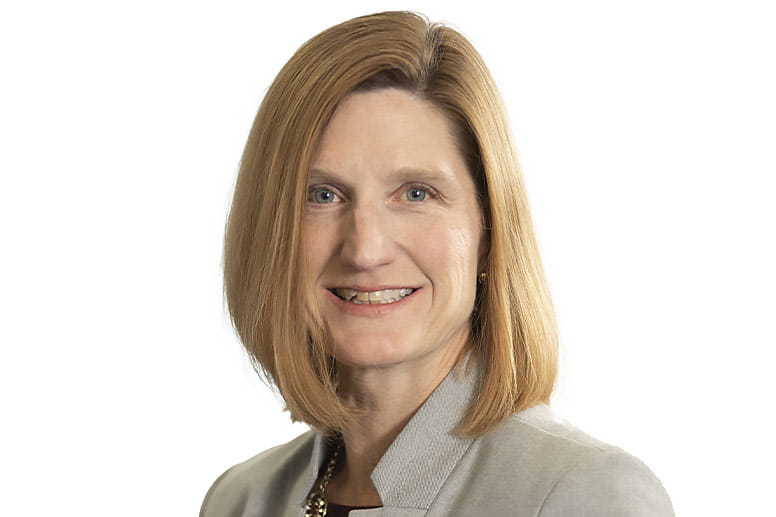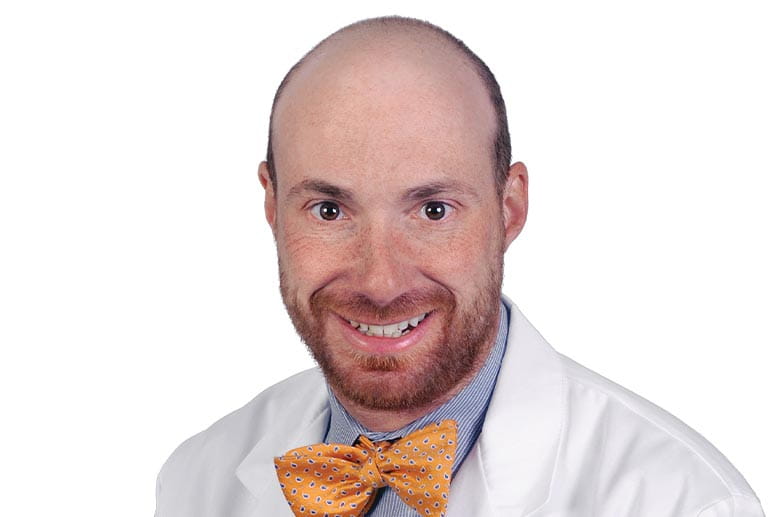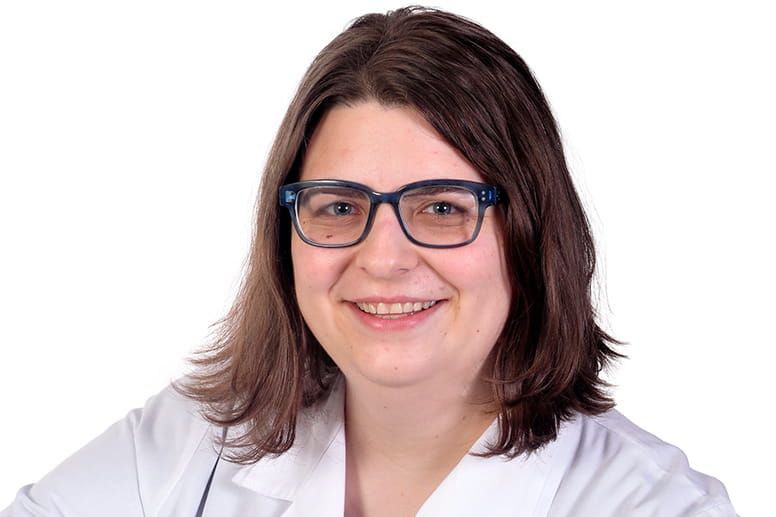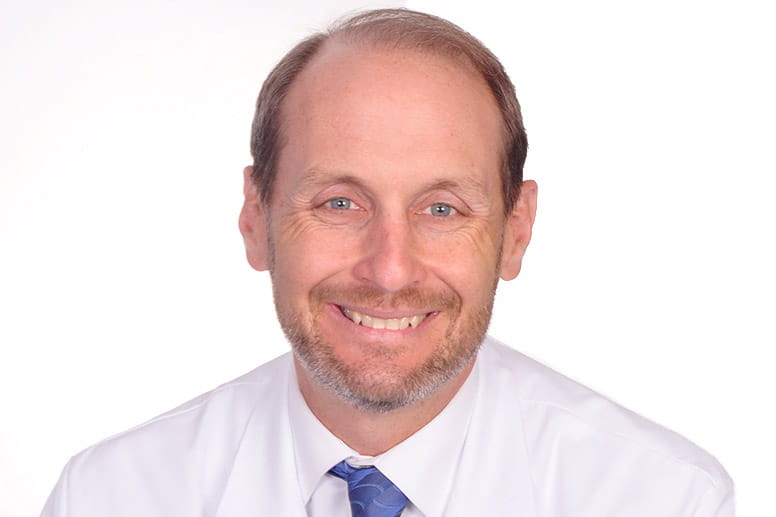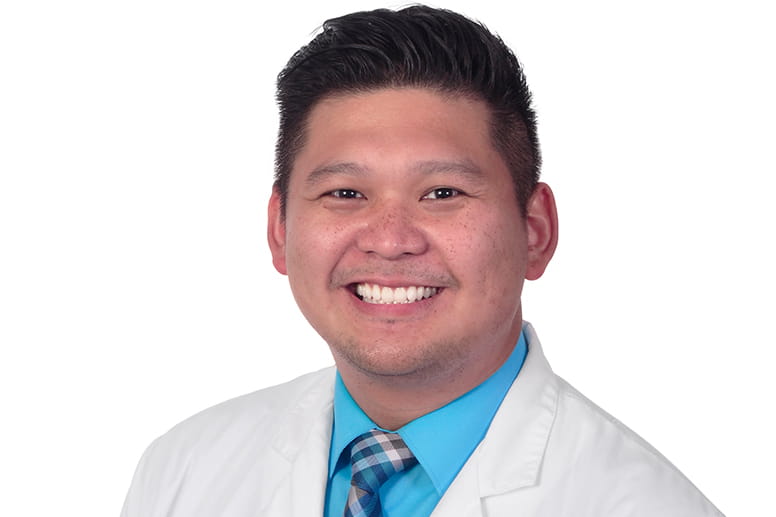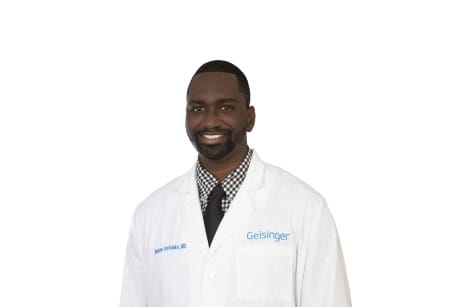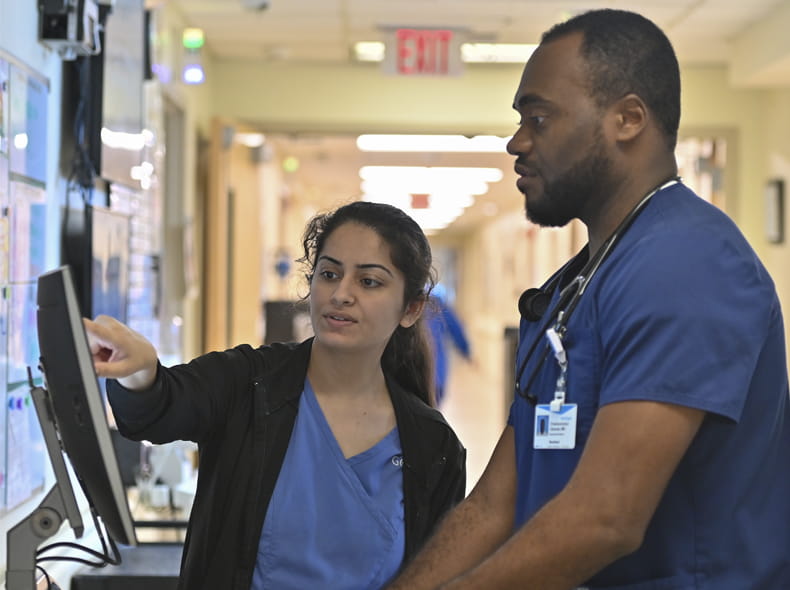
Residencies & Fellowships
Residency and fellowship programs focused on making better health easy.
Explore our Graduate Medical Education Programs
Geisinger's list of residency and fellowship programs is continuously growing and includes a variety of specialties and subspecialties.
Bloomsburg
Danville
- Anesthesiology
- Child neurology
- Clinical psychology internship
- Dermatology
- Emergency medicine
- General surgery
- Internal medicine
- Internal medicine/pediatrics
- Interventional radiology/diagnostic radiology (IR/DR) – integrated radiology
- Medical physics
- Neurology
- Neurosurgery
- OB/GYN
- Ophthalmology
- Oral & maxillofacial surgery
- Orthopaedics
- Otolaryngology
- Pathology
- Pediatrics
- Pediatric dentistry
- Plastic surgery
- Radiology
- Urology
- Vascular surgery
Lewistown
Wilkes-Barre
Scranton
Danville
- Bariatric & foregut surgery
- Cardiology & interventional cardiology
- Clinical cardiac electrophysiology
- Clinical informatics
- Clinical psychology & behavioral medicine
- Colon and rectal surgery
- Critical care
- Cytopathology
- Dermatopathology
- Gastroenterology
- Hematology & medical oncology
- Hospice & palliative medicine
- Infectious diseases
- Maternal-fetal medicine
- Micrographic surgery & dermatologic oncology
- Nephrology
- Neuroendovascular surgery
- Neuropsychology
- Pulmonary & critical care
- Rheumatology
- Sports medicine
- Surgical critical care
- Vascular surgery
Wilkes-Barre
- Behavioral neurology & neuropsychiatry
- Cardiology (applications open for class of 2024)
- Gastroenterology (coming soon)
- Sleep medicine
- Sports medicine
- Vascular neurology
Scranton
Waverly
Geisinger is proud to offer a robust selection of PGY1 and PGY2 residency training opportunities across our service region. Our programs create opportunities for residents in acute care and ambulatory care settings of all types, allowing residents to train in the setting in which they feel most comfortable or plan to start their career. From smaller, rural hospitals where the pharmacist is the medication expert for several services to larger medical centers with specialized services, the hospital-based programs each offer their own unique pharmacy character while maintaining the innovative pharmacy practice Geisinger strives to uphold. Residency programs in our ambulatory care facilities meet the rigors set forth in the hospital-based programs, but tailor the practice environment to caring for chronic conditions.
All pharmacy residency programs at Geisinger are accredited by the American Society of Health-System Pharmacists. The programs are designed to build on Doctor of Pharmacy (PharmD) education and outcomes to contribute to the development of clinical pharmacists who are responsible for medication-related care of patients with a wide range of conditions, eligible for board certification and eligible to apply for future training programs.
Besides residencies, Geisinger is proud to offer a postdoctoral fellowship in research and innovation. This two-year program is designed to develop pharmacists with an interest in transforming pharmacy practice through research and innovation so they can step into a research or leadership position with confidence and skill.
Post-Graduate Year 1 Programs
- Geisinger Clinic – Central Region
- Geisinger Clinic – Northeast Region
- Geisinger Clinic – Western Region
- Geisinger Community Medical Center
- Geisinger Lewistown Hospital
- Geisinger Medical Center
- Geisinger Wyoming Valley Medical Center
PGY1/PGY2 Combined and Post-Graduate Year 2 Programs
- Critical Care Pharmacy; Geisinger Medical Center
- Emergency Medicine Pharmacy; Geisinger Wyoming Valley Medical Center
- Health System Pharmacy Administration & Leadership (2-year); Geisinger Medical Center
- Oncology Pharmacy; Geisinger Medical Center
Postdoctoral Fellowship Program
Greetings from the Designated Institutional Official (DIO)
Welcome!
Applying for a residency program is an important decision. As you consider where to advance your training, consider the “Geisinger difference.”
For me, robust clinical volumes, diverse patient pathophysiology and exceptional clinical teaching are what first attracted me to Geisinger. But what I learned — and you will quickly see — is that Geisinger earned its national reputation for innovation because we approach healthcare and learning differently.
Our system emphasizes ongoing professional development in education, informatics, research, leadership and healthcare delivery. Our residents and fellows go on to become exceptional clinicians. And they’re also encouraged to become leaders capable of advancing healthcare in our nation. We focus on wellness instead of disease management. We believe understanding a person’s neighborhood is as important as understanding lab results. And we think research should benefit the patient immediately. So we use our powerful technology and enormous biobank to place tools in the hands of doctors at the bedside and in the clinic. That’s how we make better health easy.
I invite you to learn in a culture of innovation and in a community of team-oriented colleagues. That’s the Geisinger difference.
Thank you,
Michelle Thompson, MD
Chief Education Officer and Vice Dean for Graduate Medical Education and DIO and Associate Professor Internal Medicine
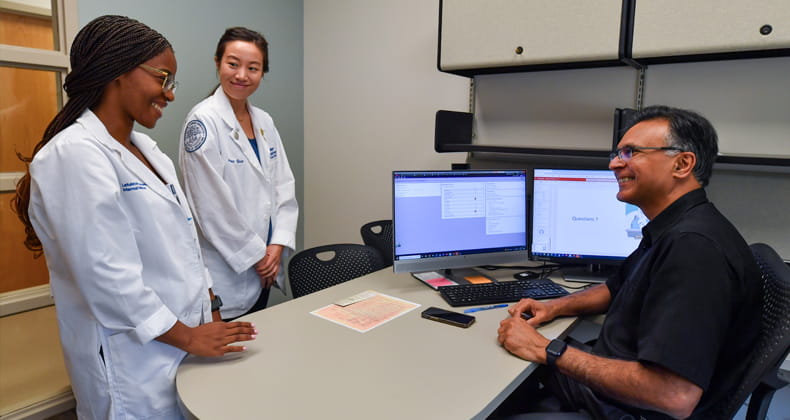
Residencies & fellowships at Geisinger
The Geisinger Difference: Outcomes not activities
Nationally recognized, Geisinger is a leader in improving care quality while also driving down costs and increasing access.
Geisinger’s approach relies on using solid, evidence-based medicine to reduce unnecessary care variance and errors. Being data-driven has resulted in groundbreaking programs like ProvenCare®. Moreover, Geisinger’s world-class biobank, built via its MyCode® initiative, delivers useful tools informed by the patient’s genome that our physicians use in the clinic every day.
Geisinger has aligned every component necessary to manage total health and to provide the wide array of patient populations and unusual pathologies that learners need to grow proficient and confident. With a tertiary teaching hospital, a dedicated children’s hospital, community hospitals across an expansive geographic footprint, a robust research arm, medical and nursing schools and a health insurance company, Geisinger approaches education the same way it approaches care — with a focus on “total.”
Graduate medical education at Geisinger leverages all its elements to provide a unique learner experience. We recognize that residents and fellows are clinical colleagues who require adequate time and space to research, study, absorb new experiences and grow.
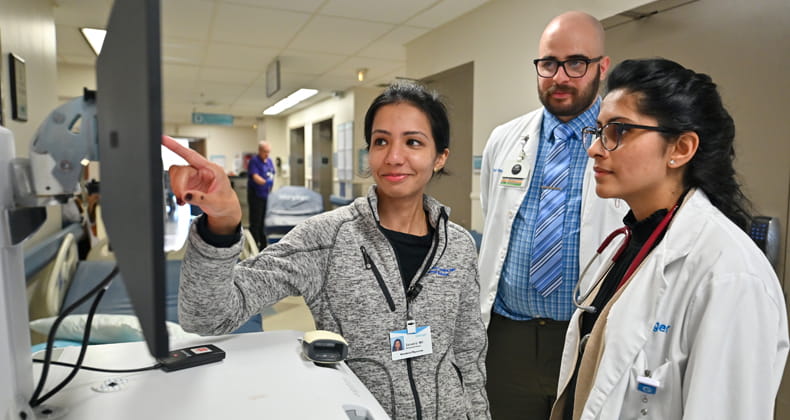
Why choose Geisinger
A history of innovation and education
Geisinger has a long-standing tradition of education and research dating back to 1915. Here, we aim to create an inclusive culture that not only equips healthcare teams with the skills they need today, but also develops innovative programs for the teams of tomorrow.
With both rural and urban locations, you’ll have numerous opportunities for hands-on learning and research in diverse pathologies. You’ll also find resources to help you thrive professionally and personally. Because when you choose Geisinger, you're not just joining a hospital system — you're becoming part of a community.
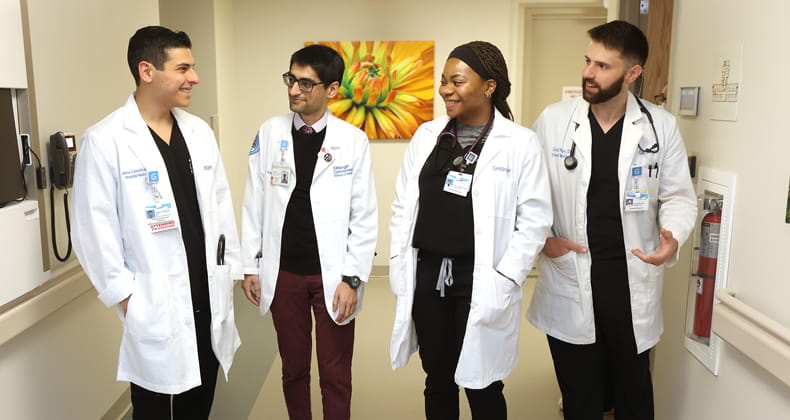
Complete the Public Service Loan Forgiveness form
Use the Public Service Loan Forgiveness help tool on studentaid.gov. Questions? Contact Taylor Whitenight at twhitenight@geisinger.edu.

